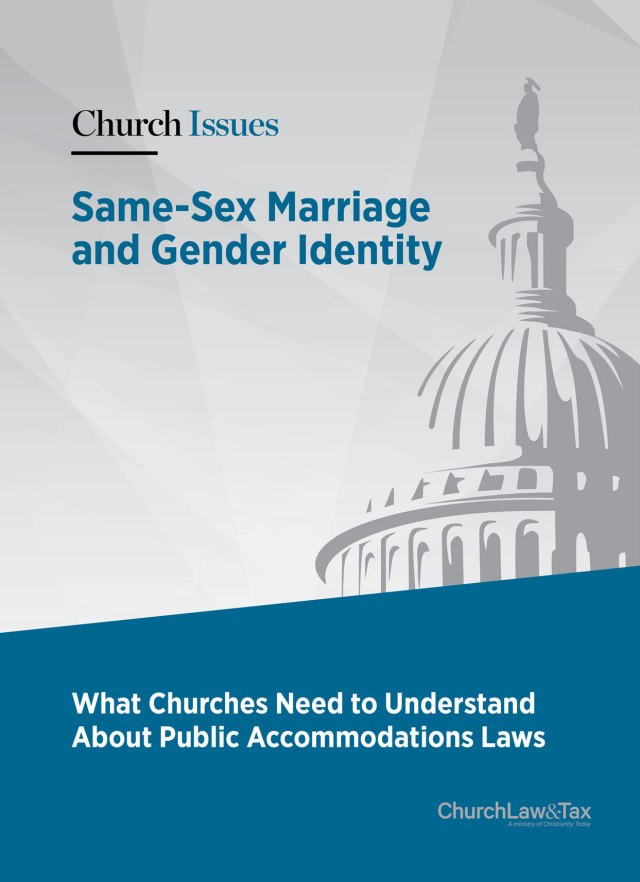I’m among four scholars who submitted an analysis to US Senators arguing that the Respect for Marriage Act (RMA) addressed religious liberty concerns for organizations that hold traditional views of marriage—and indeed offers potentially valuable protections for the future.
Let me summarize why.
This does not make private organizations that support only man-woman marriage liable for who they employ or the services they provide. The Supreme Court has repeatedly held that private organizations do not act “under color of state law” even when they’re heavily state-regulated and receive all their income from state funds.
The Court will not overrule those decisions.
Moreover, the Act explicitly protects both churches and religious nonprofits from having to provides services, facilities, or goods “for the solemnization or celebration of a marriage.”
Critics of the RMA still warn that the Act could serve as a bootstrap to justify separate restrictions on conservative religious organizations. By analogy, they reference the Supreme Court’s 1983 decision in Bob Jones University, which allowed the IRS to strip tax exemptions from racially discriminatory private schools—including religious schools—on the basis of a “firm and unyielding” national policy, shown in numerous statutes, against racial discrimination.
But the Act addresses that concern. First, Section 7(a) of the RMA says the Act does not “deny or alter” any tax exemption, funding, license, accreditation, or other “benefit, status, or right of an otherwise eligible entity or person” (including, plainly, a religious organization). Because the Act does not even “alter” such rights (beyond just not “deny[ing]” them), it’s fair to infer that it can’t even be cited as one ground among many for such a step.
Moreover, Section 2(2) states that “[d]iverse beliefs about the role of gender in marriage” (including, plainly, the belief in man-woman marriage) “are held by reasonable and sincere people based on decent and honorable philosophical premises” and “are due proper respect.” This statement distinguishes traditional-marriage beliefs from those opposing interracial marriage, which receive no such affirmation (even as the statute protects interracial marriages). The finding counters the analogy to the Bob Jones University case and racism. It can—and will—be cited as a statement of “national policy” to respect, rather than penalize, organizations adhering to man-woman marriage.
Religious liberty bills that protect conservatives alone have failed in our closely divided times. Although the RMA doesn’t solve all of the religious liberty problems intersecting with gay and lesbian rights, it solves the problems it raises and offers a hopeful, if limited, model for future bipartisan efforts.




